Making Queensland Safer Laws explained: LNP’s new youth crime laws
The LNP government’s Making Queensland Safer laws will pass after days of emotional and heated debate in parliament. YOUR QUESTIONS ANSWERED
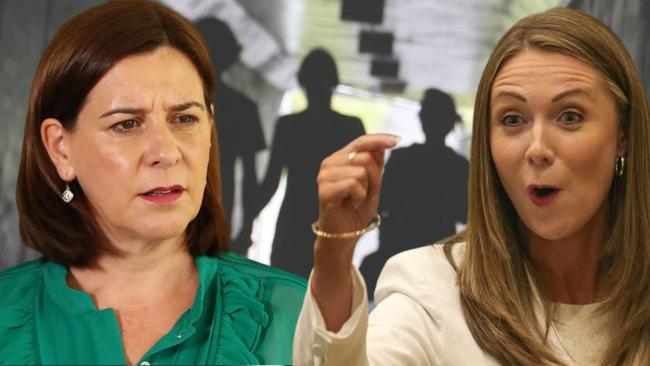
QLD News
Don't miss out on the headlines from QLD News. Followed categories will be added to My News.
Children who commit serious crimes will be locked up for longer and magistrates no longer allowed to lock the media out of children court’s proceedings as the government readies to pass sweeping youth crime laws.
The LNP government’s Making Queensland Safer laws will be passed on Thursday evening after days of emotional and heated debate in parliament.
Here’s everything you need to know about the new laws >>>
What will the Making Queensland Safer Laws do?
The main plank of the new laws is the LNP’s “Adult Crime, Adult Time” election promise.
It means young criminals found guilty of 13 categories of crime face adult punishments. The government will set up an expert panel to consider if any further offences should be added.
This includes a mandatory minimum of life for murder and doubles the maximum sentence for children found guilty of burglary, serious assault of a police officer, carjacking and robbery from 7 years to 14 years.
Repeat offenders committing the most serious of car-related crimes must also be sent to jail as a minimum.
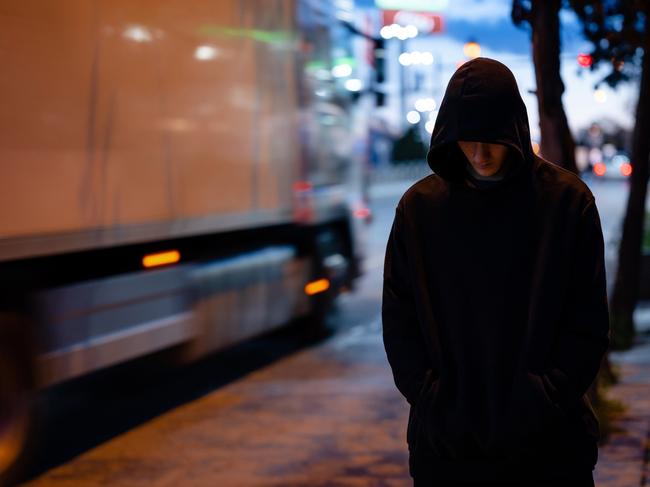
Under the changes a child’s criminal history will also be carried into adulthood when they are sentenced for a crime.
It also removes the principles of detention as a last resort and that a non- custodial order is better than detention in promoting a child’s ability to reintegrate into the community
It will also become easier for children on the cusp of turning 18 or reach adulthood in a youth prison or watchhouse to be quickly transferred to an adult facility.
The laws aim to make courts more transparent, outlining how media, along with victims and their representatives or relatives, “cannot be the subject of an exclusion order”.
The court could also decide to allow a youth criminal to be named--- in a significant departure from usual practice — if the offence falls into one of the 13 “Adult Crime, Adult Time” categories, involved violence, and is considered “particularly heinous having regard to all the circumstances”.
When will the laws become active?
December 20.
How did we get here?
In terms of the laws, many of the planks were policies the LNP announced in the months leading up to the state election.
The LNP had promised to pass their first round of youth crime laws before Christmas.
What do the experts think of the laws?
Stakeholders ranging from the Queensland Bar Association, the Queensland Law Society, to QCOSS, the Queensland Human Rights Commissioner, and the state’s Victims’ Commissioner have all warned the laws could make the state less safe.
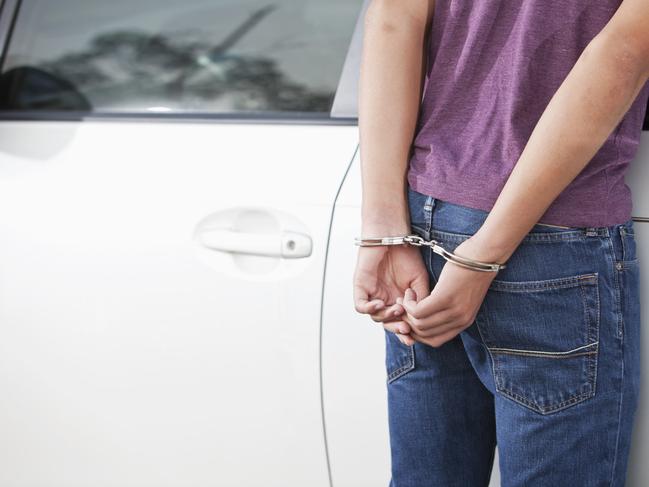
Legal stakeholders in particular have warned subjecting children to a minimum mandatory life sentence for murder and harsher maximum sentences means more youths would test their case in a court rather than plead guilty early.
This would mean more criminal trials and thus clog up the state’s already stretched legal system, slowing down justice as a whole.
The QLS pointed out criminal trials would “inevitably put the victim’s experience, and therefore evidence, in centre focus in the context of the criminal trial”.
The Queensland Homicide Victims’ Support Group, supporting the overall intent of the laws, also raised numerous concerns including the likelihood that victims will be cross-examined.
There would also be more children locked up for longer in the state’s crowded watch houses and youth detention centres, putting significant demand on staff and infrastructure capacity.
The laws also go against international and state-based human rights law.
What has the government said in response?
Premier David Crisafulli has acknowledged there will be “short term” pressure on the state’s watch houses and detention centres as facilities under construction, including the remand centre at Wacol and new youth prison at Woodford come online.
Attorney-General Deb Frecklington said the LNP does “not shy away from the fact that these are tough laws”.
“It is important to remember that the Human Rights Act applies to every Queenslander, not just those who are breaking the law,” she said.
“The current situation with respect to Queensland’s youth crime crisis is exceptional and it is time that the rights of victims be put before the rights of offenders.
“We have a broader need to ensure the safety and human rights of the entire Queensland population. Safety and security in one’s own home is no longer guaranteed in parts of our state.”
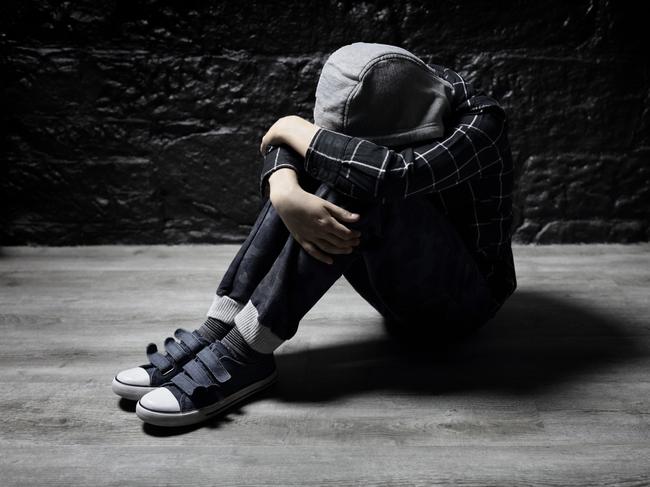
What have our politicians said?
Attorney-General Deb Frecklington (LNP, Nanango): “The Crisafulli government has a mandate from government to fix Labor’s weak laws that created a generation of young offenders who see themselves as untouchable, who have wreaked havoc on our communities and left a trail of broken victims in their wake because a 10-year Labor government failed to act.”
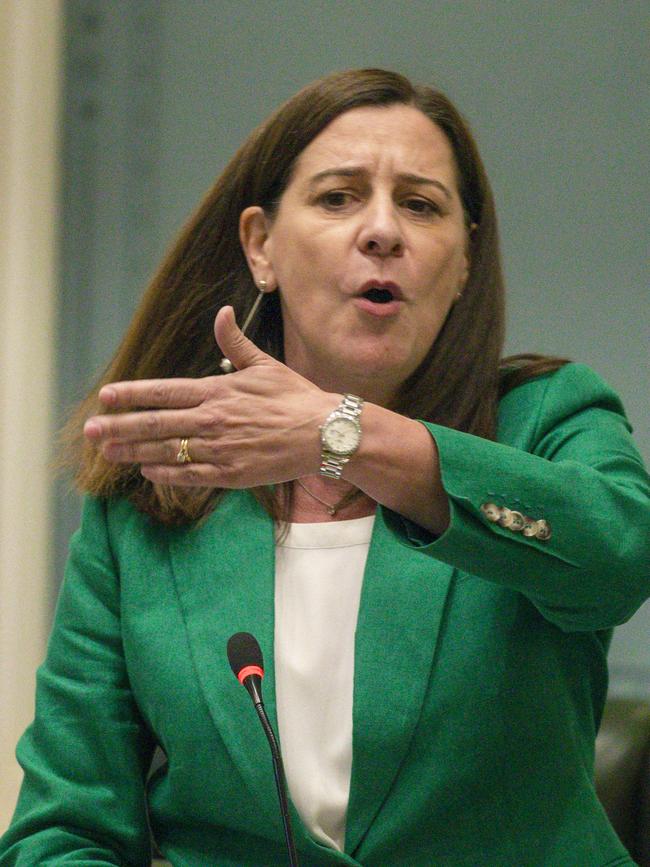
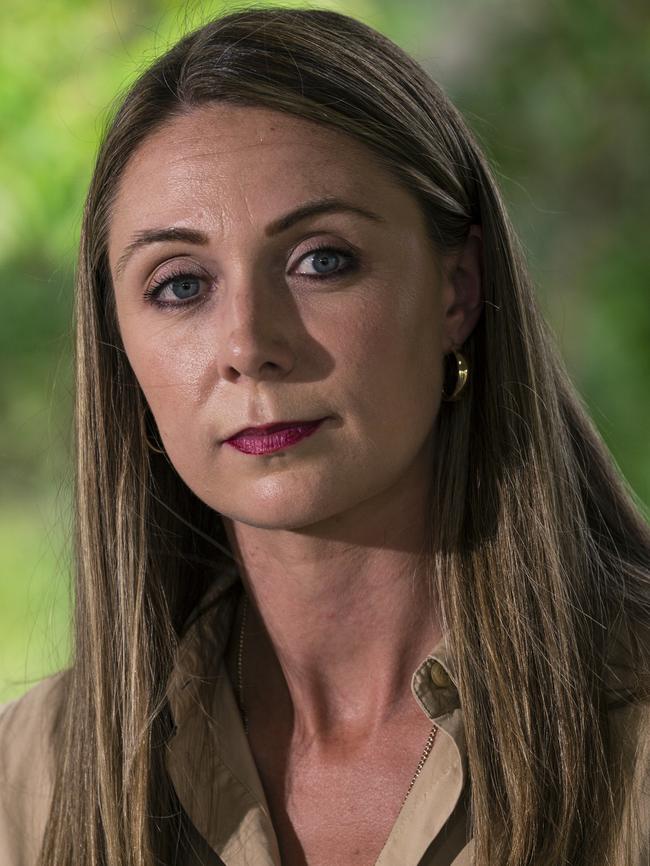
Shadow Attorney-General Meaghan Scanlon (Labor, Gaven): “The Labor opposition accepts the outcome of the election and the views of the Queensland community that more needs to be done to ensure our community is safe. As the Leader of the Opposition has said, Labor will not stand in the way of the LNP increasing maximum sentences. However, some of the measures in this bill have the potential to leave a range of unintended consequences in its path.”
Michael Berkman (Greens, Maiwar): “Everyone who appeared told us that these are far-reaching, gravely significant proposals in this bill and, what’s more, they all said that not only had they not had enough time to scrutinise the bill, but that they were concerned — and this included evidence from Voices for Victims — that these amendments might make the community less safe. The government might want to turn a blind eye to those observations, they want might want to pretend that it did not happen … but they cannot pretend that those views were not expressed.”



